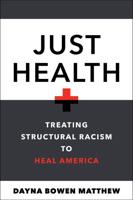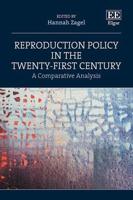Publisher's Synopsis
Now more than ever, the criminal justice system, and the programs, policies, and practices within it, are subject to increased public scrutiny, due to well-founded concerns over effectiveness, fairness, and potential unintended consequences. One of the best means to address these concerns is to draw upon evidence-based approaches demonstrated to be effective through empirical research, rather than through anecdote, standard practice, or professional experience alone (National Institute of Justice, 2011).
The goal of this book is to describe the most useful, actionable, and evidence-based solutions to many of the most pressing questions in the criminal justice system today. Specifically, this edited volume contains brief and accessible summaries of the best available research, alongside detailed descriptions of evidence-based practices, across different areas of the criminal justice system. It is written so that practitioners and researchers alike can use the text as reference tool in their work and in training the new generation of individuals working to improve the system. Researchers and practitioners in many areas of criminal justice - crime prevention, policing, courts (prosecution, defendants, judges), corrections, sanctions, and sentencing - can reference specific chapters in this book to guide their policy and practice decisions. Although theory is a guide for the practices described, the chapters will address practical issues in implementation and action.
This book overcomes the limitations of previous criminal justice practice books in that it is written as a practice resource and reference guide and spans practices and policies across different sectors of the criminal justice system - from prevention to policing to sanctions and corrections. Each chapter contains a list of action items, based upon the best available scientific research, that can be implemented in practice to address key issues and long standing challenges in the criminal justice system.










